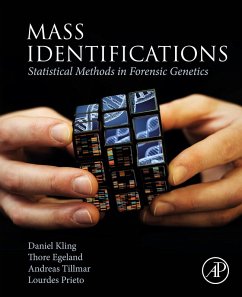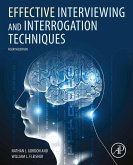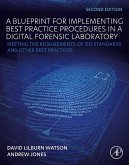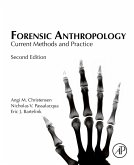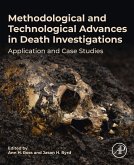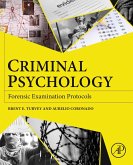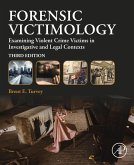Mass Identifications: Statistical Methods in Forensic Genetics summarizes the state-of-the-art in the field, including methods and recent development in genetics (sequencing). The book's authors focus on practical applications and implementation, helping readers determine how to approach the problem to identify individuals using DNA and statistically summarize evidence. Written by leading experts in the field for forensic scientists, geneticists, forensic anthropologists, and pathologists working with identifications, the book is ideal for scientists and practitioners in many areas.
- Focuses on methods, challenges and solutions in DVI cases
- Covers the use of DNA databases searches and the statistical evaluation of genetic comparisons
- Includes exercises at the end of the book
Dieser Download kann aus rechtlichen Gründen nur mit Rechnungsadresse in A, B, BG, CY, CZ, D, DK, EW, E, FIN, F, GR, HR, H, IRL, I, LT, L, LR, M, NL, PL, P, R, S, SLO, SK ausgeliefert werden.

